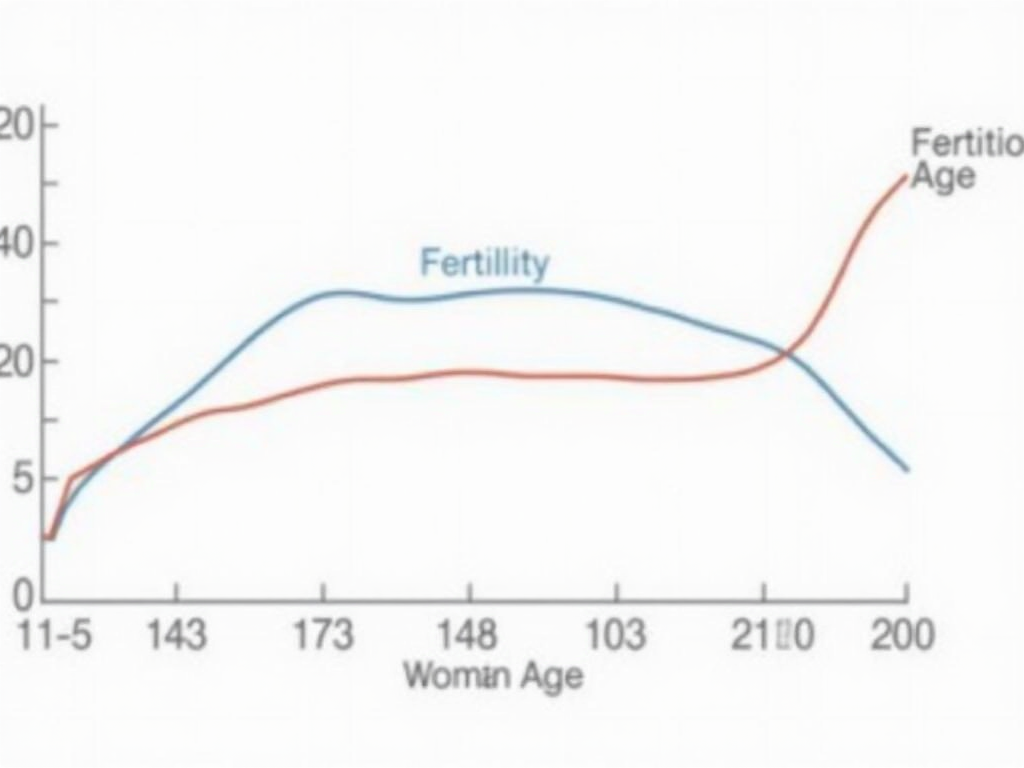The Role of Age in Fertility
June 18, 2025, 7:17 a.m.
Fertility is a complex issue influenced by many factors, with age being one of the most significant. As women age, their fertility tends to decline. This article examines the role of age in fertility, how lifestyle affects fertility preservation, and offers tips for women looking to maintain their reproductive health.

Women are born with a finite number of eggs, and this number decreases over time. By the age of 30, a woman’s egg quantity and quality begin to decline more rapidly. By the age of 40, the chances of conceiving naturally decrease significantly. This aging process is linked to both quantity and quality, leading to increased risks of infertility and miscarriage.

The impact of lifestyle on fertility preservation cannot be overlooked. Factors such as diet, exercise, and stress management play crucial roles in maintaining reproductive health. Women who adopt a healthy lifestyle may enhance their chances of fertility preservation, even as they age.

Lisa, a 35-year-old woman, faced challenges with fertility. Despite living a healthy lifestyle, she found herself struggling to conceive. After consulting a fertility specialist, she learned about the importance of addressing age-related factors and the available options for fertility preservation.

Fertility preservation in women extends beyond just freezing eggs. Options include embryo freezing and ovarian tissue freezing, which can be discussed with healthcare providers. These methods can help women maintain the possibility of pregnancy even into later reproductive years.

It's essential for women to understand their fertility window. Regular consultations with healthcare professionals can help in making informed decisions regarding family planning and fertility preservation. By prioritizing reproductive health, women can take proactive steps to combat the natural age-related decline in fertility.

In summary, age plays a crucial role in women's fertility. However, by embracing a healthy lifestyle and exploring fertility preservation options, women can optimize their reproductive health. It's never too late to take action, and understanding the resources available is key to managing infertility.

[Recommended readings on fertility preservation and age-related infertility include: 1. American College of Obstetricians and Gynecologists on fertility preservation. 2. National Institutes of Health resources on reproductive health. 3. Harvard Health articles on age and fertility. 4. Society for Assisted Reproductive Technology on advanced reproductive age.]